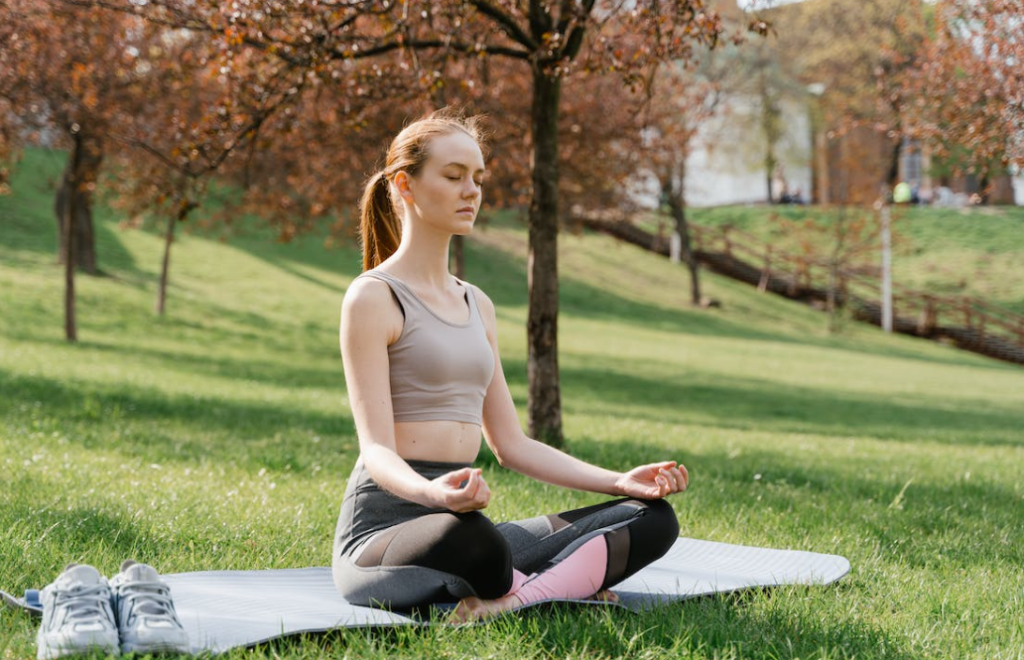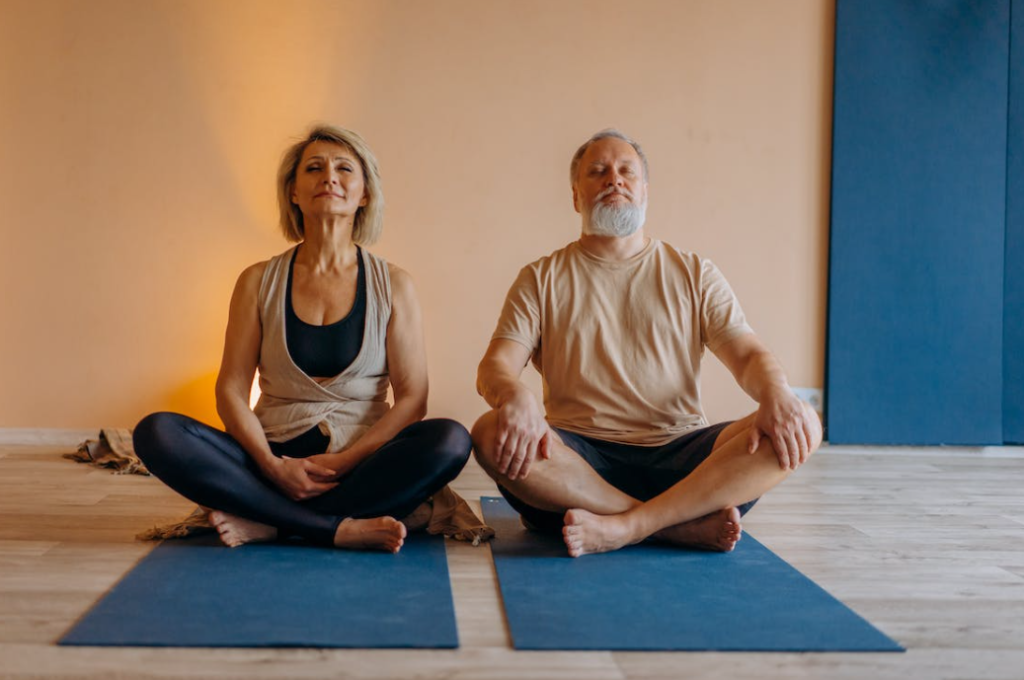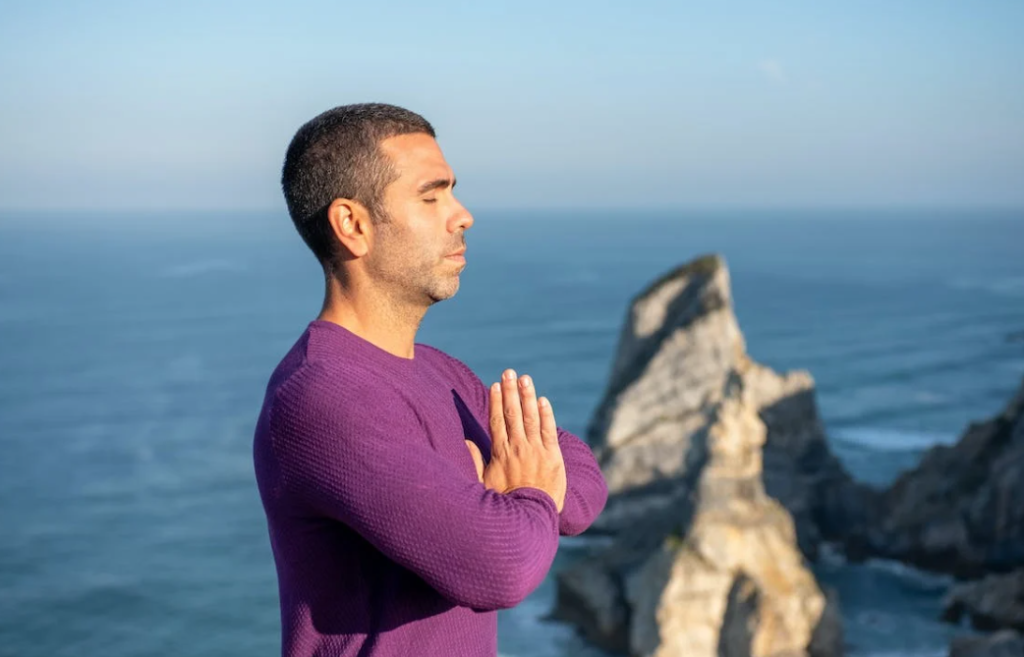Meditation Guided
Learn about the power of Guided Meditation and how to apply it in your life to achieve your goals.

Selfpause Affirmation App
Download the app to get 1,000’s of affirmation meditations and everything you need to write, record and listen to your own.
Meditation-guided audio is a great option if you’re finding it difficult to meditate alone. The voice of the guide will help you ease any tension that may be building up. They will even provide some soothing thoughts so that you can feel less stressed. They can even help you cope with difficult moments in your life.
Easy to do

Easy-to-do meditation-guided courses are an excellent way to learn how to meditate without having to learn complicated techniques. These courses are designed to help beginners develop a consistent practice and help them realize the benefits of meditation. They also offer tips on how to incorporate meditation into your daily life. The program will begin with instructions to relax your mind and body and close your eyes.
Better for anxiety

Meditation can help people with anxiety in many different ways. You can choose to meditate on your own, or you can find a guided meditation to follow along with. Whichever you choose, make sure to do it on a regular basis. You should begin by meditating once a day, for a few minutes. Try to choose a time of day when you have the least amount of activity, like before bed.
Guided meditation is usually conducted in a soft voice over a short period of time. During the session, you should sit in a comfortable position. Once you have settled in your seat, center your spine and visualize a string that goes from your base to the top of your head. Then, begin your meditation by taking three full breaths.
When you’re practicing mindfulness meditation, you may notice that your mind wanders. This is normal, but you need to acknowledge your thoughts and let them go. This will cultivate a sense of balance and the fortitude to accept the way things are. When you do this, you’ll find that your anxiety will start to subside.
There are many reasons why people suffer from anxiety. It can be a phantom worry or something that really happened. Examples of phantom worries include thinking that someone just gave you a dirty look. Other times, it can be something in the future. Worrying about the future can increase your anxiety levels.
You can use guided meditations to help yourself overcome anxiety. You can find a variety of guided meditations online and at local meditation centers. They can also be downloaded as sound files. You can also find meditations through online streaming services, such as Spotify. Some of them even feature binaural beats, which help you to enter the same brainwave state as meditation.
As with any other form of therapy, meditation must be a long-term approach. If your anxiety is severe, it is best to consult with a healthcare provider. They can prescribe a meditation that’s better suited to your anxiety symptoms. However, remember that meditation apps are not a substitute for therapy, and are not meant to diagnose or treat a medical condition. Instead, they are a complement to other therapies and techniques.
Better for your sense of self

Whether you are a newbie to meditation or a seasoned pro, it is important to find a guided session that suits your needs. Guided meditations are much easier to follow, and they often have prompts to help you manage your thoughts. These prompts can help you calm your mind and control ruminating thoughts. Plus, guided meditations are generally more likely to stick with you if you find them helpful.
When you listen to a guided meditation, you’ll learn to focus your attention on the present. This helps you avoid the common thoughts that cause stress, which may lead to panic attacks. The meditation will also help you slow down your breathing so that you don’t get carried away with worrying about the next stressful thing.
In addition to calming your mind, meditation helps you improve your self-confidence. Your self-esteem influences your decisions and perception of the world. Low self-esteem can lead to relationship issues, addictions, and poor job performance. Practicing meditation on a regular basis can improve your self-confidence and reduce your chances of falling victim to addictions.
Our Top FAQ's
Meditation has been shown to have a number of potential benefits for both physical and mental health. Some of the potential benefits of meditation include:
- Reduced stress and anxiety
- Improved concentration and focus
- Increased feelings of calm and relaxation
- Improved sleep
- Lower blood pressure
- Increased self-awareness
To get started with a guided meditation practice, you can follow these steps:
- Choose a quiet and comfortable place where you can sit or lie down without being disturbed.
- Set a timer for the length of time you want to meditate. A good starting point is 10-15 minutes.
- Sit or lie down in a comfortable position, with your back straight. You can close your eyes or keep them slightly open and focus on a point in front of you.
- Begin to pay attention to your breath. Focus on the sensation of the air moving in and out of your body.
- If your mind wanders, that’s okay! Simply acknowledge the thought and gently redirect your attention back to your breath.
There are many different types of guided meditations that you can try, depending on your goals and preferences. Some common types of guided meditations include:
- Body scan meditation: This type of meditation involves focusing on each part of your body, starting from your toes and working up to the top of your head.
- Loving-kindness meditation: This type of meditation involves sending well wishes to yourself and others.
- Visualization meditation: This type of meditation involves creating a mental image or scene in your mind and focusing on it.
- Breath awareness meditation: This type of meditation involves focusing solely on your breath and the sensation of the air moving in and out of your body.
The amount of time you need to meditate each day to see results can vary depending on your goals and the type of meditation you’re practicing. Some people find that meditating for as little as 5-10 minutes a day can be beneficial, while others prefer to meditate for longer periods of time. It’s generally recommended to start with shorter meditation sessions and gradually increase the length as you become more comfortable with the practice.
Yes, guided meditation can be a helpful tool for addressing specific issues or challenges, such as stress, anxiety, or insomnia. Some types of guided meditations are specifically designed to help with these issues, and can be used as part of a broader treatment plan. For example, a guided meditation for stress might involve deep breathing exercises and visualization techniques to help you relax and let go of tension. Similarly, a guided meditation for insomnia might involve relaxing imagery and a focus on the breath to help you fall asleep more easily.
